Checking in to Cloud Nine
Share
Etihad’s new A380 program has the industry abuzz: The Residence suites have captured international media attention, defining “hotels in the sky” as the latest in in-flight hospitality.
A private, multi-room onboard residence to rival the hotel experience, complete with your own private butler: Is this a clever marketing ploy, or the next step in the seamless passenger experience?
Mike Crump of Honour Branding, the brand experts behind Etihad’s revolutionary The Residence suites program, explains that the project began with “a strong ambition from Etihad to be the best in the world.” He tells us that Etihad thinks of itself less as an airline and more as a hospitality brand.
This “hospitality branding” is a growing trend among many leading airlines. American Airlines, for example, referred to themselves in the context of the hospitality industry during a recent interview. Even Scandinavian Airlines, when discussing their new interiors, stated they wanted to provide their customers with a hotel-in-the-sky feel. Etihad has taken this concept to the extreme, fully realizing the feel of a hotel. As Crump points out, “Rarely does anyone take the hotel positioning as overtly and so profoundly as Etihad.”
Etihad’s intention was clear when they stated that their “design vision was to bring the individuality and exclusivity of a luxury boutique-hotel experience to the sky in a way that embraced Arabian Modernism.”
“In our early thinking,” Crump tells us, “we thought, how would a hotel approach the design of a cabin interior? The customer research at the start of the project clearly demonstrated that customers think about their cabin environment in relation to their homes, hotels and restaurants they frequent.”
Crump’s view is that the ambitious project is likely to build passenger loyalty: “The wow factor of the three-room suite, with interior designs that vary across the A380 fleet, the exclusivity of your own personal butler and an individually curated dining experience, will create many once-in-a-lifetime followers (like Concorde) but also will reflect the lifestyle of many frequent Etihad guests. To them, they will simply feel at home with a service designed around them.”
And that feel of a luxurious home is vital to the makeup of the strong emotive brand experience.
“We believe that when you connect with a brand experience at an emotional level it will usually fulfill a strong need and aspiration that will remain with you forever,” Crump says.
But are hotels in the sky really fated to last? Like the Concorde, which Crump references, it may be so exclusive an experience that it could have the reverse effect, separating the Etihad brand from the vast majority of passengers whose budget will not stretch that far. In fact, general reviews from the press have been mixed, with some delighting in the possibilities and others pointing out that such luxury is only for the elite.
Some competitors, like five-star airline Qatar Airways, are confident that an all-business-class approach will prove successful, marketing their product as “what is likely to feel like a VIP jet.”
Singapore Airlines has consistently emphasized their attention to detail in providing a high degree of comfort and service to all their passengers in all classes. Chew Tai Lu, vice-president of product innovation, has encapsulated their brand as “innovative products and premium service with Asian hospitality,” but not strictly in the context of the hotel industry.
Tim Clark, president of Emirates Airline, told The National that they are focusing on a hotel experience for their A380s and 777s, including “fully enclosed rooms, with all the touches and amenities that you’d expect in a hotel or a private bedroom on a luxury yacht – room service and so on.”
The question is whether airlines adopting the hotel-in-the-sky marketing strategy will put their brand at an advantage.
Is this a fad, or is the hospitality-industry philosophy destined to remain up in the air?
Teague, who proudly tout their status as the “original design consultancy,” have handled a wide range of projects, both mainstream and luxury, and believe that Etihad’s vision may have significant value: It sets an example that others will want to emulate, even on a smaller scale.
“Ultra-luxury hotel aircraft prove there’s room in the market for an experience the airlines can’t deliver in multi-class cabins,” says Teague’s principal brand strategist Devin Liddell. “In the current landscape, which is influenced by numerous stakeholders, it’s impossible for airlines to deliver on the promise of a ‘seamless holistic journey.’ This hotel-aircraft model solves the problem by eliminating the seams altogether.”
While Liddell recognizes that, for the airline industry, the elusive goal of a seamless experience is a challenge, one key to seamlessness would be the passenger’s ability to forward a movie he was unable to finish in-flight to her hotel room, ready to view on demand.
Liddell tells us this service ideal, and similar offerings, are beyond the current scope of brand collaboration for airlines, but they are a vision of the future to keep in mind.
“Eliminating the seams isn’t an option in the commercial market,” he says, “but airlines and their partners could certainly collaborate to address the seams that exist to create a distinct and more compelling passenger experience.”
If, as Liddell believes, Etihad’s hotel-in-the-sky and similar branding approaches show promise, then we must conclude that this is one branding trend which has potential for permanence, just as Honour Branding proposes.
Memorable is memorable, after all.


